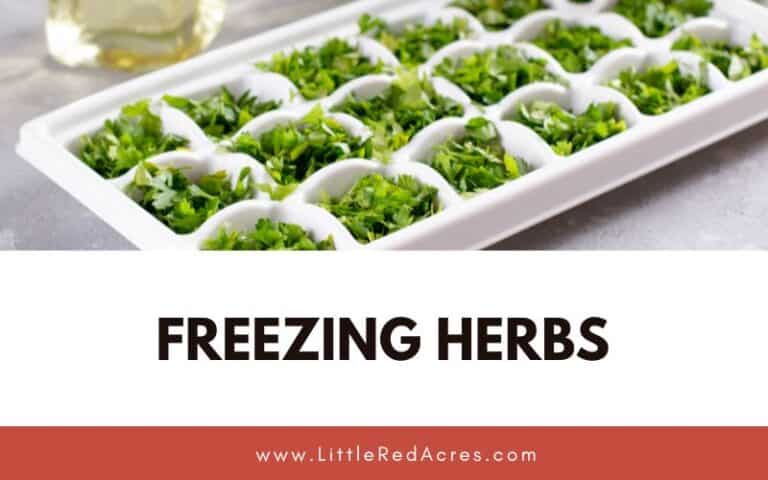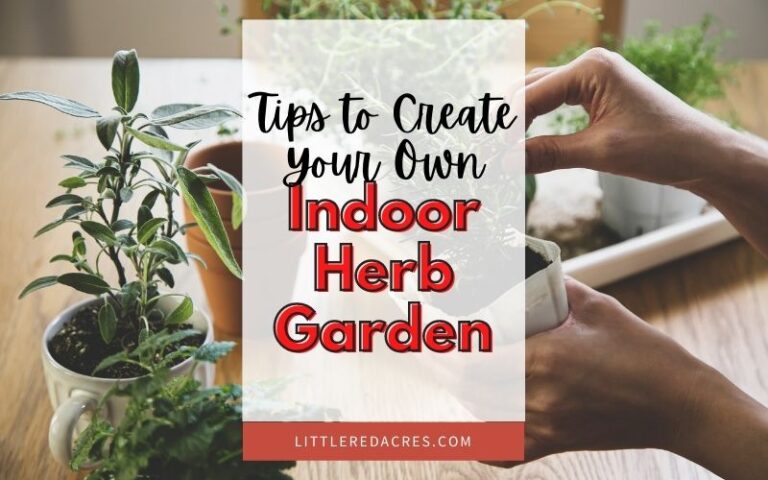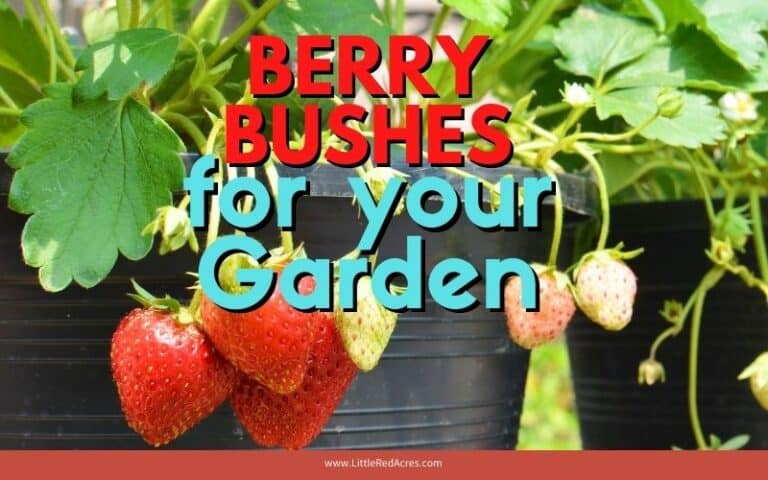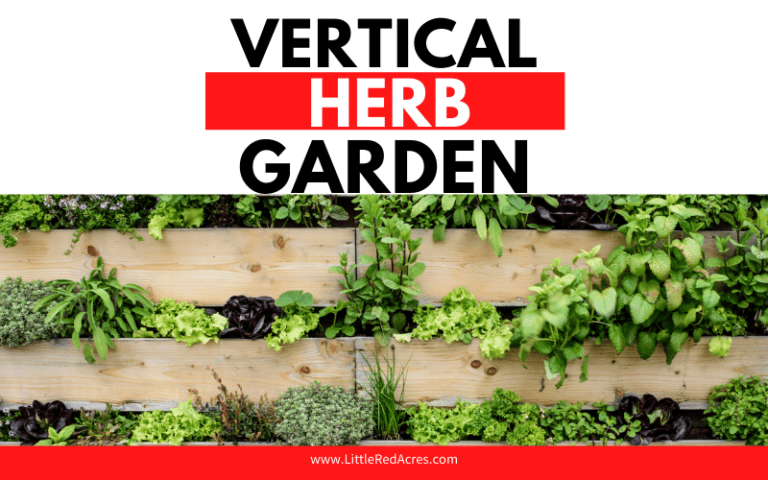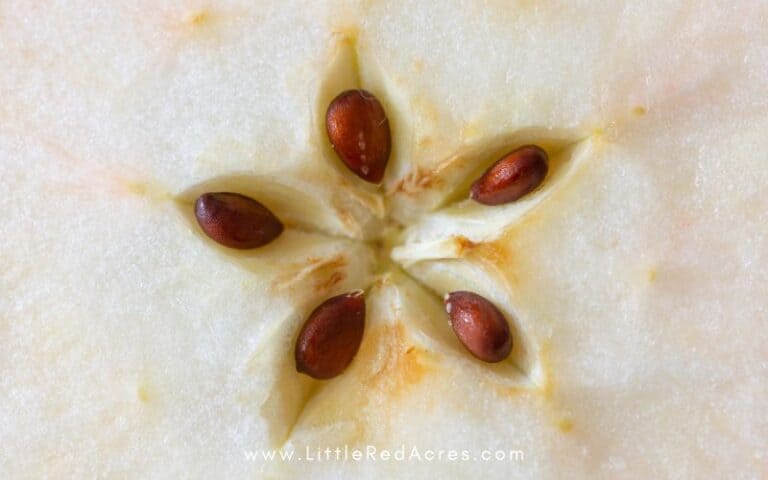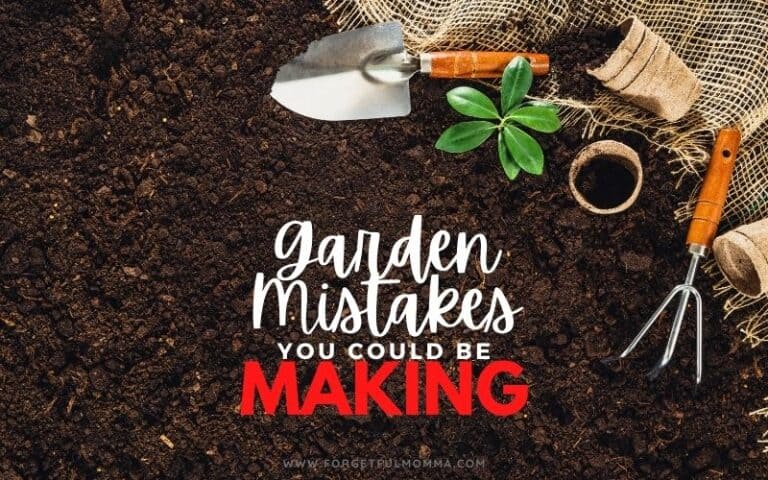List of Incompatible Plants You Want to Know
Inside: Garden failures can come from planting things together that we really shouldn't have. Here is a list of incompatible plants to help you out.
This isn't something I ever thought about, but now I'm thinking back to garden failures and realizing that I planted some things together that I really shouldn't have. Yes, it comes with learning and experience but how about I share some knowledge with you so you have more success in your garden from the start? Here is a list of incompatible plants.
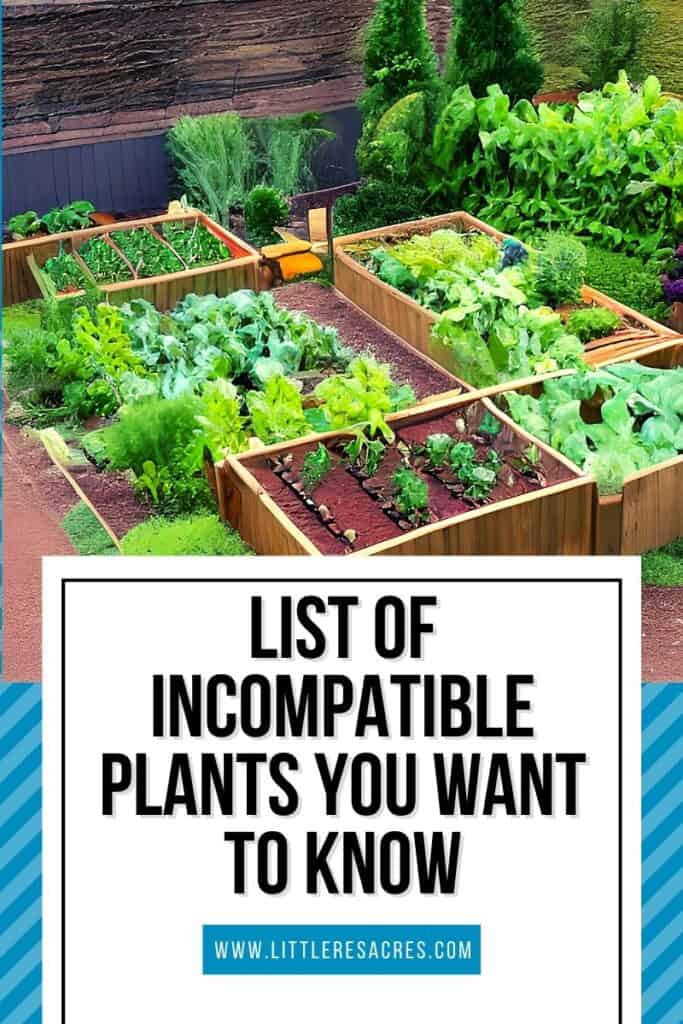
This post may contain affiliate links, see my disclosure policy for more information.
List of Incompatible Plants You Want to Know
When it comes to growing a successful garden, it's essential to understand the growing habits and needs of the plants you choose. While it's tempting to fill your garden with lush and colorful blooms, it's important to ensure that the plants you choose are compatible with one another and will thrive in the same environment.
Unfortunately, sometimes we make the mistake of planting incompatible plants, which can harm the health of the garden as a whole.
Get updates & freebies delivered to your inbox!
Tomatoes
It's a good idea to keep cabbage, beets, peas, fennel, dill, and rosemary separate from corn and tomatoes in your garden since both of these are susceptible to certain pests and diseases. So, why not give each of these veggies its own space to make sure they stay healthy and strong?
Peppers
Beans so the vines don’t spread among the pepper plants.
Green Beans
Beets or anything from the onion family. Onions, in particular, impede the growth of bean plants.
Cucumbers
Aromatic herbs such as sage will stunt the growth of cucumbers. Cucumbers are great growers if you don't move them and keep them away from sage. Use your cucumbers for pickles and relish.
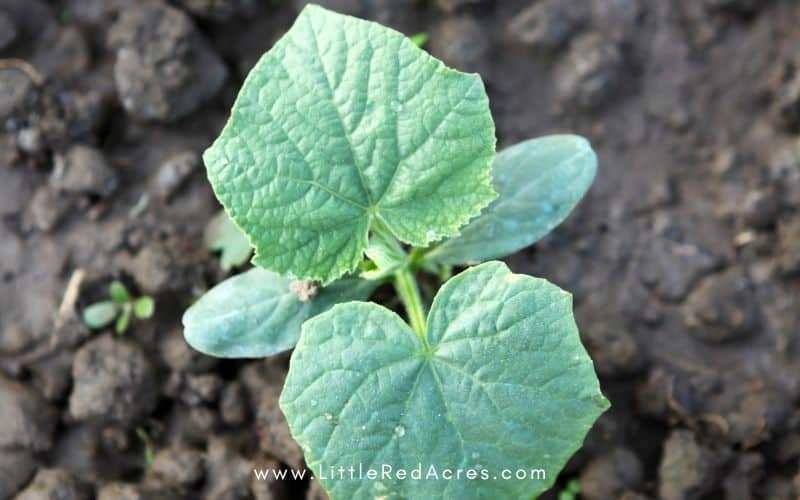
Onions
Plant asparagus, beans, and peas away from your onions. Now, my bean plants did amazing planted a few rows over from my onions last year.
Beans are considered allelopathic plants, which means they produce biochemicals that can hinder the growth of another plant. Beans do not do well with members of the onion family, such as onion, leek, chives, and garlic.
Summer Squash/Zucchini
Do not plant your potatoes near your summer squash or zucchini as both plants are prone to blight. You want to make sure that if one does get it, you aren't having it spread to the other.
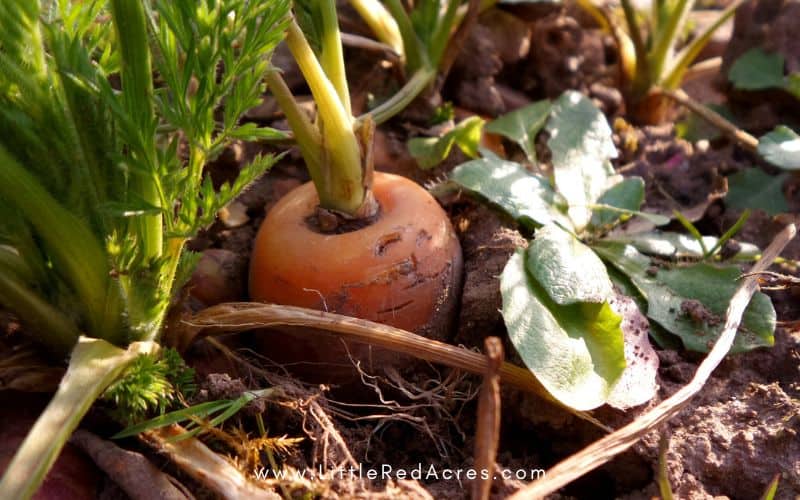
Carrots/Parsnip
To keep your carrot and parsnip plants healthy, it's best to keep them apart from each other. While it may seem as if carrots and parsnips should grow together, they actually are vulnerable to similar diseases and pests. By growing them near each other, you put them both at risk of succumbing to something like carrot root fly.
The same goes for coriander and dill, plant them away from your carrots and parsnip. They all can produce compounds that can damage them. By separating them, you can help to ward off any potential infestation.
Sweet Corn
Keep your sweet corn away from tomatoes, as corn earworms attack them and corn. Plant these two far apart to minimize the spread of these pests.
By being aware of incompatible plant pairings, you can enhance the health and vitality of your garden while minimizing potential problems.
Gardening is not just about putting plants in the ground; it's about understanding their relationships. With the knowledge gained from this list, you'll be better equipped to plan and cultivate a diverse, resilient, and flourishing garden for years to come.
Frequently Asked Questions
Is it OK to put plants next to each other? Growing plants next to their companions can improve the overall health of both plants. By eliminating competition between plants, you allow one to absorb what it may need without depriving the other.
What not to plant with marigolds? Beans and cabbage are listed as bad companion plants for marigolds.

Want More?
6 Vegetables That Require Space to Grow
Growing Fruits in Containers – 4 Great Options
How to Maintain Your Vegetable Garden

